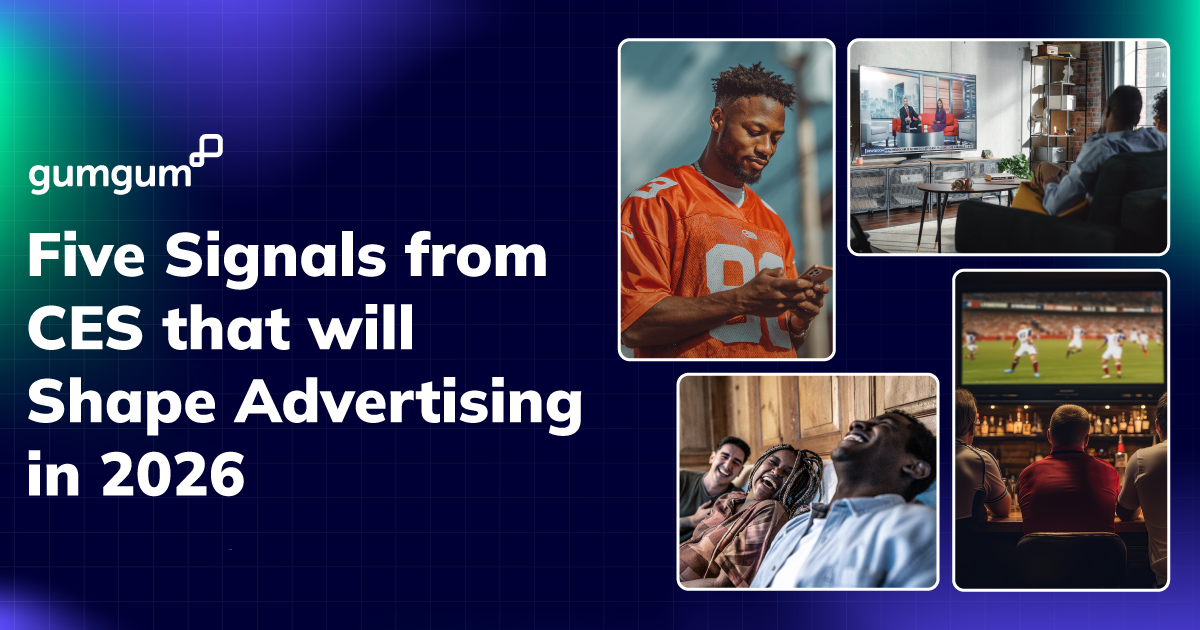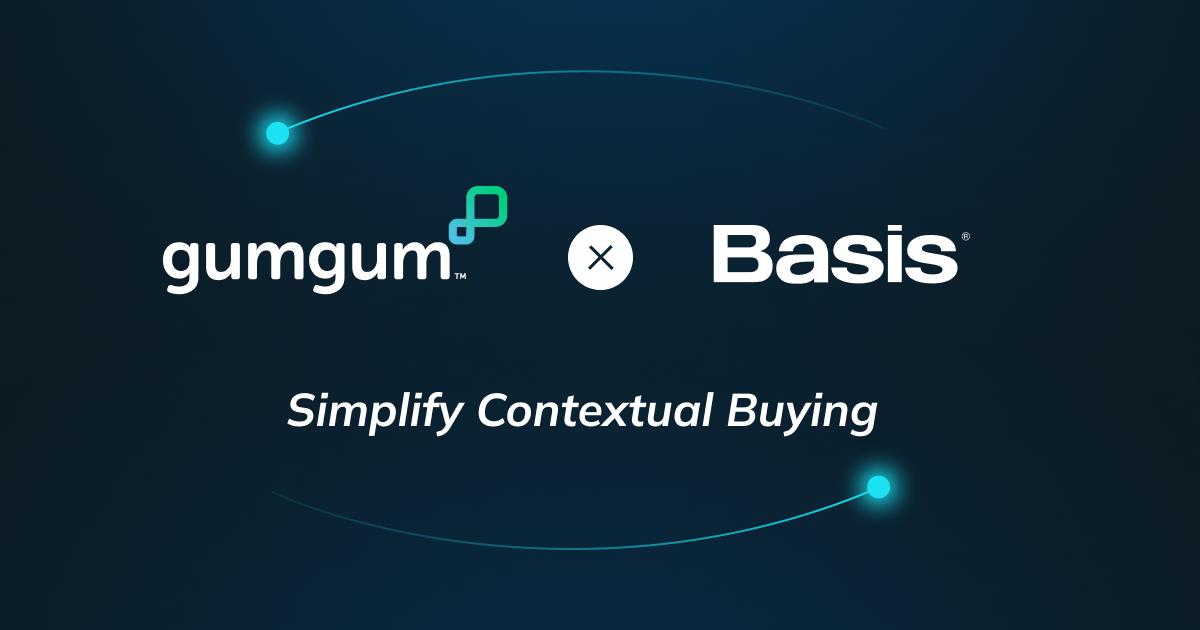GumGum is the leader in contextual advertising technology and has been for over a decade. From our perspective, there is no reason why the advertising industry should have to rely on personal data to deliver relevant, engaging, and effective ads to consumers.
While it seems that we are embracing an archaic strategy from the Mad Men era, contextual technology has greatly matured and isn't a guessing game anymore. With improved technology that GumGum has been building and innovating on for years, this is a much more scientific and sophisticated approach than it was before. Our recent study with Dentsu proves that contextual can be just as cost effective, if not more, than audience based targeting.
Our contextual products and solutions do not rely, nor have ever relied on, third-party cookies or universal identifiers, nor will they ever have to.
In the next few years, we expect to see contextual technology be a powerful tool in helping advertisers use content as a proxy for intent. As contextual technology continues to mature, it will not only understand the context of a page but will be able to give insight into what the reader is trying to accomplish. This information can then be used to place ads that are contextually relevant, engaging, and effective. For example if someone is looking at a self-care article, the technology would place an ad for a spa-package or relaxing essential oils versus a car you might have just been talking about.
Our suggestion to all brands is invest in contextual now in order to test and figure out how contextual can work with your brand's unique needs and goals before the cookie and before availability of universal IDs is much more limited.
GumGum's Perspective on Google's Recent Announcement around Universal ID's:
Google's announcement should serve as a reminder to the industry that digital advertisers cannot put all their faith in ID-based solutions for the post-cookie world. Advertisers will have to turn to solutions that don't rely on personal data to create a more level playing field and allow a unified targeting strategy across the walled gardens. We are already seeing major advertisers shift to contextual targeting because it provides precision targeting without the headache of managing personal data or universal identifiers.
GumGum's approach to staying ahead of growing data privacy regulations:
- "At GumGum, we continuously monitor emerging data privacy regulations and make sure that we adhere to the most strict set of rules to ensure that we and our clients are protected at all costs."
- We are also very active in IAB committees that are focused on data privacy and building industry frameworks for the advertising industry. You can see our director of global compliance and legal affairs, T'Juana Albert, recent article in The Wall Street Journal [] talking about our approach to data privacy.
How does our contextual targeting work?
Verity™ is a new type of contextual intelligence engine that uses computer vision and natural language processing to identify and score online content such as images, videos or text. It provides a privacy-proof and powerful alternative to other forms of targeting. Verity™ sits at the heart of our platform and ensures that your brand placements are always suitable.
- GumGum's proprietary contextual intelligence technology, Verity™ analyses the full-content of a page, considering text and images when evaluating content online.
- Our page-level brand safety identifies 9 different threat categories, characterizes sentiment and identifies severity level (low/med/high) to determine the overall safety of a page.
Dig deeper: How contextual targeting works










